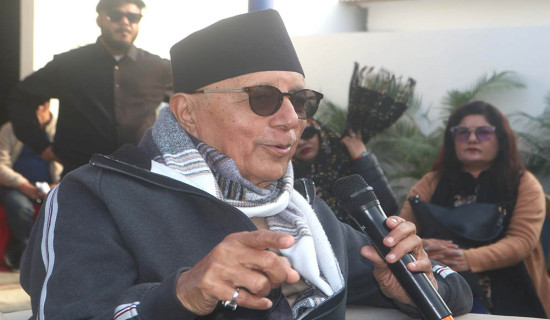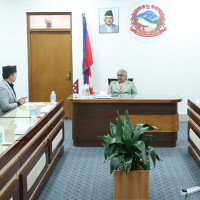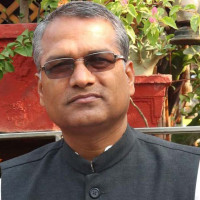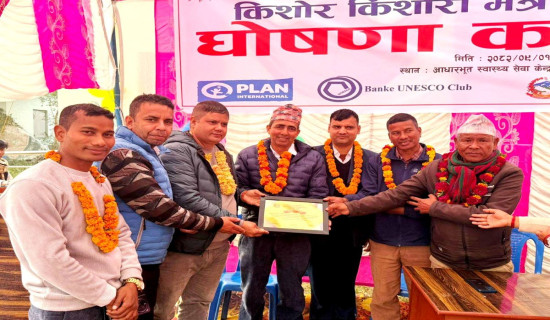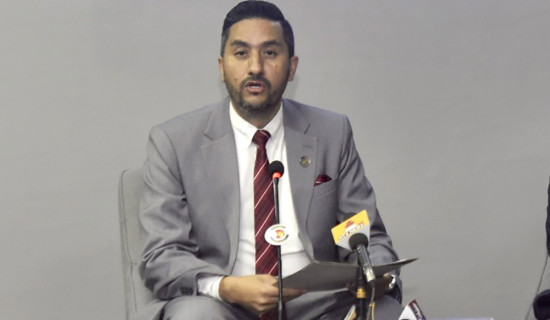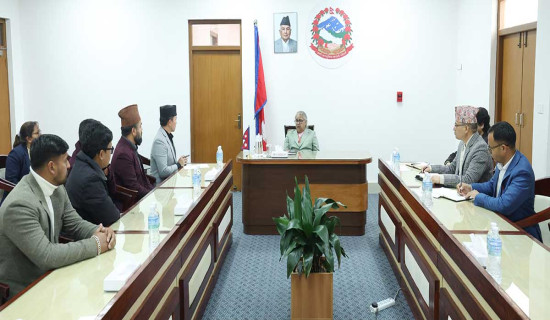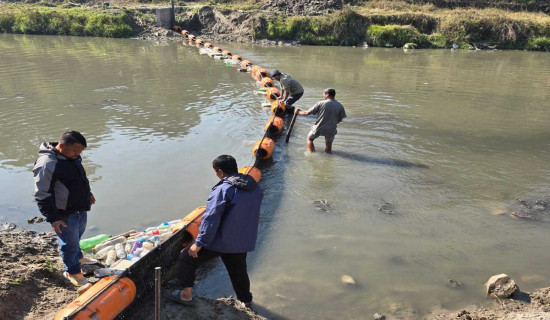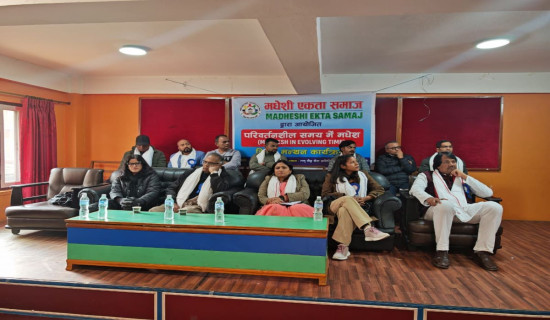- Sunday, 21 December 2025
Parliamentarians suggest expanding scope of National Investigation Department
Kathmandu, August 3: Parliamentarians suggested making the National Investigation Department more effective and consider expanding its scope.
In the meeting of the parliamentary State Affairs and Good-Governance Committee today, deliberation began on the Bill made to amend and integrate the existing law on formation and operation of Nepal Special Service-2076 BS.
The parliamentarian underscored the need for the human resources working in the Department to maintain confidentially considering the nature of works and responsibilities of the Department.
Committee member Gagan Kumar Thapa viewed that it was unjustified that among other security agencies, the Department alone would be brought under the Office of the Prime Minister and Council of Ministers.
Another member Brajesh Kumar Gupta questioned how the human resources working in the Department would continue spying covertly when he/she goes on overtly publicizing about his/her works.
Similarly, Shakti Bahadur Basnet recommended that the Department be kept under the Ministry of Home Affairs to make the functions of the Department swifter and predictable as per our tradition and practice.
Lalbabu Pandit called for bucking the trend of recruiting staffers in the Department at the behest of someone for, he argued, the Department ought to shoulder State's important security related responsibilities.
He asserted that the appointment of the staffers there should be based on the meritocracy and expertise.
The Department, the main intelligence agency of the country, has been collection information on country's public security, economic crimes, corruption, domestic and cross-border terrorism, money laundering, narcotics and human trafficking.
After analyzing information on that cause for concerns, the Department furnishes recommendations to the government for protecting the national interest and maintaining law and order among others.
The parliamentarians also suggested expanding the scope of the Department from only collecting information to investigation of the crimes.
The Bill aims to control the acts of secession, espionage, sabotage and subversion and to protect national sovereignty, national integrity and communal harmony.
Furthermore, the Bill allows the intelligence officers surveillance, monitoring and intercept the suspicious audio or audiovisual conversation at the individual or institutional level. (RSS)

.jpg)

